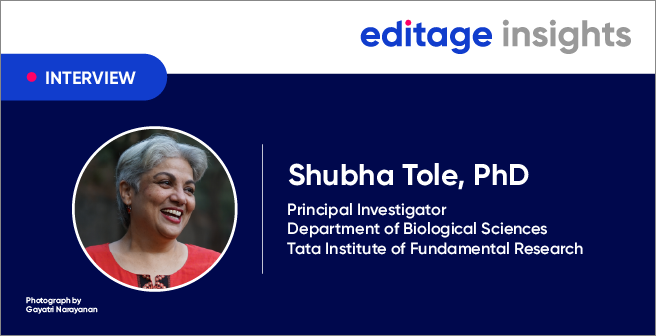I feel like my PhD years were like a trailer to a meaningful movie

I began my career in academia a long time ago, but I was never happy with what I studied. So the beginning of my PhD, which I started in 2011, was the real beginning of my academic career. That was when I started focusing on something that I love doing—research.
An epiphany to remember
The most memorable experience from the five years of my research journey and the completion of my PhD thesis is that moment when I had an epiphany about framing the conclusion of my chapter while strolling in a small park of my university hostel. I lived in Chennai, a city in southern India, and was walking in a part of the hostel that was seldom visited by anybody.
My thesis deals with the Maori narratives in New Zealand and the analysis includes many elements and imagery of nature. While I was walking in that isolated part of the hostel, I saw two birds chirping. It looked as though they were talking to each other. Suddenly, the last binding factor of my thesis occurred to me. This is when I realized that you should always believe in miracles, for success can come through various ways. In fact, sometimes, your most brilliant moments may be inspired by nothing less than pure magic – which is what nature taught me that day.
My PhD struggles
As a researcher cum project assistant, there were times when I would have to do without breakfast, lunch, or dinner in a 24 hour schedule. I found it extremely difficult to cope with the stress that the world and I made myself feel. Work life balance sometimes went haywire when there were deadlines at work. In fact, there were times when I did not have any balance because work dominated personal life.
I was the first researcher cum project assistant in my department and the entire administration found it very difficult to digest that there is so much to be researched in a field like literature. I do not know about your country, but in my country, I feel that science is given utmost importance. Just look around and you will see nobody is willing to support postdoctoral research in the arts/humanities as much as they’re willing to when it comes to science. The failures I faced also came with the understanding that I will never attain much recognition, nor will I be the first one thought worthy of being given a postdoctoral position or any kind of scholarship. My possibilities were and will remain restricted for not being a researcher in any of the sciences. The acceptance of these restrictions is what encouraged me to complete my PhD.
To top it all, I was not very well liked by people around me, not just out of competitiveness or jealousy, but for reasons I was unable to fathom. I am sure I am not alone in sharing this experience – several of you may have faced similar environments during your PhD life. At such times, even seemingly normal questions or comments bring you further down when you’re already feeling low. I am talking about those dreaded words that a lot of PhD students hate: “So, when are you going to submit your thesis?” “Have you submitted your thesis yet?” “You are taking such a long time to finish!” It is as though the people asking you these questions are simply poking around to make holes in you that would in turn make them feel good about being better than you. When people do not want to face their personal questions in life, they gain pleasure by deflecting it on to others. I felt like staying away from such toxic individuals because they looked forward to me venting my frustration as they were unable to deal with their own failures or inabilities in life.
Wisdom after experience
The six years of my PhD life were the best ones in my academic life, thanks to my PhD supervisor. I grew every day, not just as an academic but also as a person. What I learned from my own struggles resonate with these lines from the iconic film The Pursuit of Happyness: “Don’t ever let someone tell you, you can’t do something. Not even me. You got a dream, you got to protect it. People can’t do something themselves, they want to tell you you can’t do it. You want something, go get it. Period.”
In short, I learned that as a researcher you will find that success comes to you at the cost of work life balance, but at no point should you let anyone tell you that you can’t be successful. Success too depends on perceptions.
My PhD years were like a trailer to a meaningful movie that I made for myself, experiencing each scene as it unfolds, and playing my part to the best of my ability.
When I decided to take up research, I knew that I was jumping into a field that nobody wanted to take up, since it was not funded beyond PhD. I knew that there would be a lot of challenges. But did that stop me from taking up what I love in research? No! If challenges had stopped Srinivasa Ramanujan from taking up what he loved in research, he wouldn’t be the man to contribute to the number theory and infinite series. Challenges did not stop Albert Einstein from going to the depths of everything that he wanted to. For the sake of following your own dreams you need to shut out the world. People around you may always talk about failures. That is good. You can learn from failures. However, just because somebody has failed before you, does not mean you will fail too. As a researcher your job is to dive into your work and deal with your research journey one day at a time, one learning at a time, one epiphany at a time. Decide your path and your perception of success. It is between you and the universe. No human decides your purpose for you. Good luck!



